Nuclear technology - dangerous or not?
Nuclear technology - dangerous or not?
The first thing most people think when they hear nuclear energy is probably nuclear bombs or nuclear melts, negative incidents such as those that have occurred in Chernobyl or Fukushima. Many people do not know exactly how the whole thing works, but they seem to be very familiar with the worst case scenario and its consequences.
But is there no way to produce nuclear energy safely without endangering human lives through radiation?

The emergence of nuclear technology
I will keep the topic short, as it's probably rather dry and less interesting, but I find some facts that you can keep in mind very important.
Around 1890, the first experiments on radioactivity were carried out to investigate nuclear reactions.
The discovery of induced nuclear fission by Otto Hahn in Berlin in 1938 was intended to change the world. A completely new effect was discovered, which cast a spell on researchers and scientists.
Nuclear fission is a process in which heavy atoms are fissioned and an unbelievably large amount of energy is released.
Due to the Nazi seizure of power in Germany, the best nuclear physicists had to flee abroad and there was the danger that Germany would use this new effect as a weapon against the rest of the world. Based on this fear, the Manhattan project was initiated by the USA in 1942, which was to develop a nuclear weapon as quickly as possible in order to be able to use it against Germany.
The first atomic bomb test "Trinity" took place on July 16,1945. The next two completed bombs were then used to bomb the cities of Hiroshima (August 6, 1945) and Nagasaki (August 9, 1945) in Japan. This ended the Second World War.
Ten years later, at the conference "atomic power for peace" in Geneva, the use of nuclear technology for civilian economic purposes was initiated. This marked the beginning of the age of nuclear reactors, but also of many other nuclear applications.

Nuclear reactor crash course
In simple terms, a nuclear power plant is a thermal power plant for the production of electrical energy from nuclear energy by controlled nuclear fission.
So the same happens as in conventional thermal power plants. Instead of burning fossil fuels, however, the waste heat from nuclear processes is used. The waste heat generated during nuclear fission in the nuclear reactor is transferred to water, which produces water vapour. The heat energy of this water vapour is used to convert it into rotational energy by means of a steam turbine, which in turn is coupled to a generator, which ultimately generates electricity.
The nuclear reactor is the heart of the power plant. There are the fuel elements in which nuclear energy is converted into heat by controlled nuclear fission and radioactive decay. These fuel elements have to be cooled and here is also the double-edged sword of reactor technology. If this cooling fails, the fuel rods continue to heat up until they finally melt. This situation is called core meltdown.
There it can "burn through" down to the groundwater and radiate it, which would have a massive influence on the surrounding nature and us humans.
Germany has decided to phase out nuclear power completely by 2022, but is this the right way? Isn't there a solution to the problem of meltdown?

Inherently secure systems
If you want to make nuclear power safe, the probability of failure must be 0%. Not 0.0000001% but 0%!
Active safety systems can always fail, so you need a design that completely eliminates failure. Sounds impossible? But IT IS possible!
Inherently secure systems base their security on the laws of physics which always apply. Active systems can always fail, but physical laws ALWAYS apply!
I would like to explain an inherently safe system using the example of nuclear energy: If, for example, the reactor temperature rises above the permissible value in the event of a malfunction, the reactor must automatically shut down by itself from the laws of physics alone. Physical laws always apply and cannot fail. The aim must therefore be to make a nuclear reactor inherently safe.
Systems with a high risk potential should all be inherently secured so that no operational residual risk is present. But is that possible?
Scientists recognised this problem early on.
In Germany, the demand for an inherently safe reactor led to the development
of the High-Temperature Reactor, which was used as an experimental atomic reactor in 1968 in Jülich, Germany. The HTR is graphite-moderated and uses helium as a moderator, coolant and heat transfer medium.
After the nuclear accident in Three Mile Island (1979) at the latest, it would have been the world's leading task to research inherently safe nuclear reactors and only be allowed to rebuild them. In 1986, the Chernobyl catastrophe became known. In 2002, Germany then opted for a general ban on the construction of further nuclear power plants, as a result of which the development and research into inherently safe nuclear technology was largely abandoned or at least hindered.

Further development of nuclear reactors
In order to achieve a future nuclear technology without catastrophic accidents, intrinsically safe nuclear power plants are necessary. This approach will also increase public acceptance.
The first HTR experimental reactor has been in operation for almost 20 years, making the nuclear experimental reactor the only plant in the world with long-term experience and thus providing a great deal of knowledge about inherently safe power plants that can support future developments. It has been proven that the HTR is thermally and nuclear inherently safe.
In the future, some countries such as Germany will break away from nuclear energy, but many countries such as China, Russia, France and England are already planning the next reactors, and many more countries will join in and build nuclear power plants.
Future-oriented research in the field of nuclear energy should definitely move towards inherently safe nuclear technology in order to reduce the risk of nuclear meltdown to zero. This will reduce people's fears, increase safety, and one day nuclear power could once again enjoy a better reputation.

Sources
- Jochem Unger, Antonio Hurtado: Alternative Energietechnik, 5. Auflage, Springer Fachmedien
- Jochem Unger, Antonio Hurtado: Energie, Ökologie und Unvernunft, Springer Fachmedien
- https://de.wikipedia.org/wiki/Kernspaltung
- https://de.wikipedia.org/wiki/Kernenergie
- https://de.wikipedia.org/wiki/Kernkraftwerk
- https://de.wikipedia.org/wiki/Kernschmelze
- https://de.wikipedia.org/wiki/Erneuerbare-Energien-Gesetz

 by @foundation
by @foundation
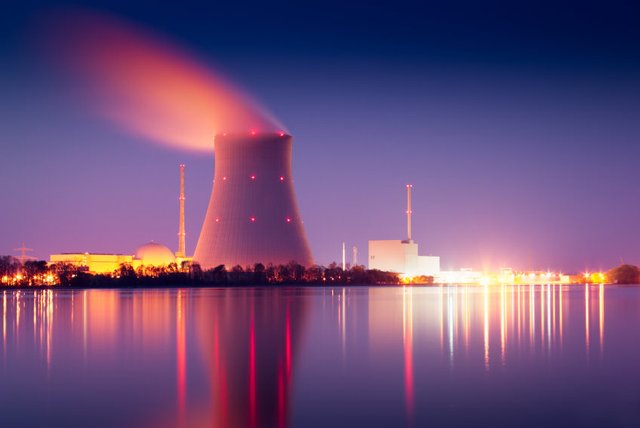
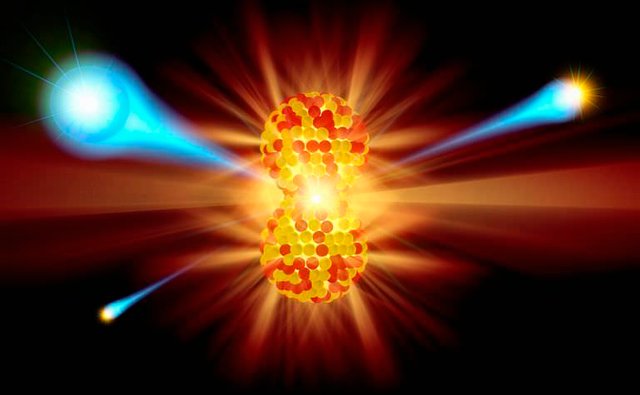
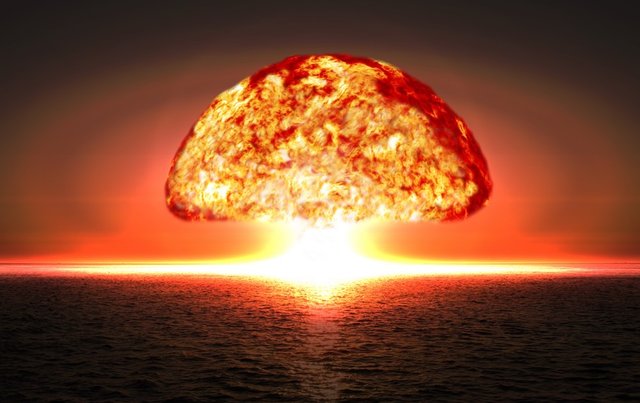
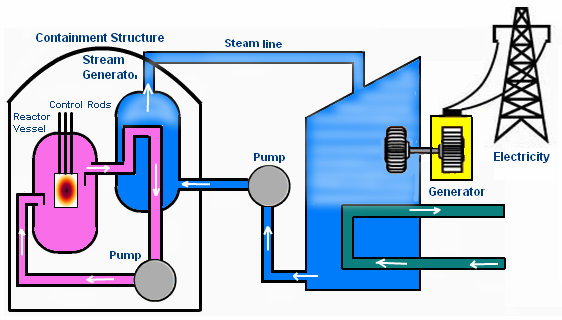
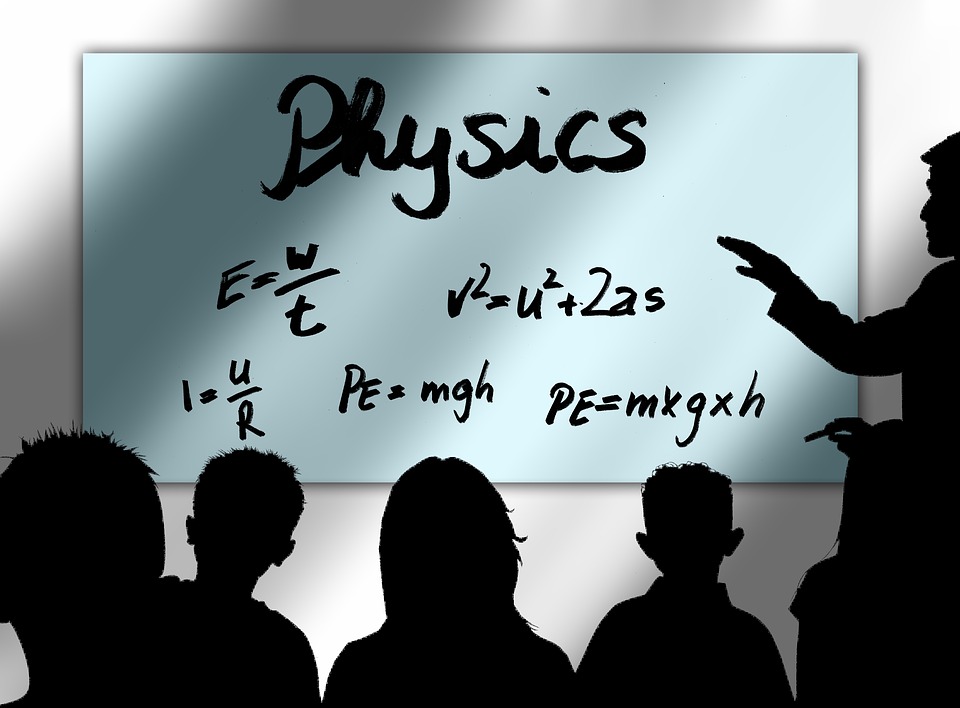
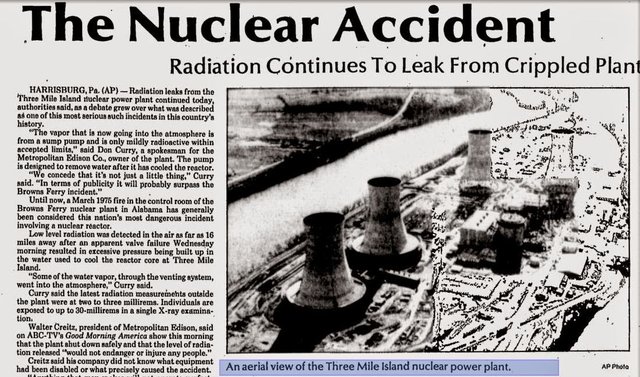
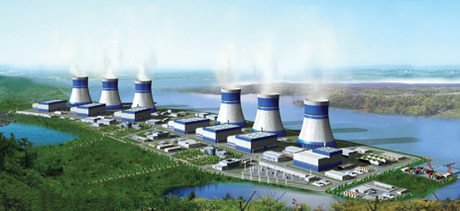
There is no other way than nuclear energy to provide our offspring of enough energy and clean energy. The technology has evolved already to be extremely safe. More people have died of coal mining than nuclear energy reactors.
Sure, but a lot of people don't understand and are scared. At least that is definitely the impression I have as a German in Germany.
This is a major battle against nuclear power and now all German environmental activists are glad that Germany is out of nuclear power at least by 2022. In my opinion, this is a very big mistake, especially for an industrialised country like Germany with many capable scientists and engineers.
The director of greenpiece was interviewed a view years ago, and said his biggest mistake was to be against nuclear energy. It will make us dependent on Russian gas, to get our energy. Isn’t that great, becoming dependent on Russia. Maybe France will built enough plants, at least we will be dependent on France. ( I’m Dutch)
France is doing its best to build more and place them at the german border which is the funniest part for me as an german. Germans fear nuclear plants in their country, but everyone around us is building them.
Well the Dutch aren’t either, but then again we mostly follow Germany, but shhhh dont tell anybody.
The huge problem for me isn't the danger from the plants (that is very minimized and gets better every year) leaking, but in what's left over.
Where do you store the cores and used rods?
How do you justify heating huge gobs of water in a world where water is becoming ever more precious?
Those are the questions that need to be answered in order to get me on board.
Some advanced reactors are capable of "burning" nuclear waste for more energy which would effectively solve the potential radioactive waste problem. These same reactors can burn nuclear weapons for energy too.
If nuclear technology was fully implemented we could find ourselves living in a world where energy is practically free.
A nuclear power plant produces approximately 25 tons of nuclear waste per year. Sounds a lot at first, but that's like a cube with the side lengths of one meter each. In other words, a relatively small amount in terms of volume.
The storage problem has not yet been solved to the utmost satisfaction, but this is not an unsolvable problem. The castor containers of a German company for storing the burned rods are already extremely safe, only the final disposal has to be taken care of. But as I said, this is not an insoluble problem in my eyes.
The biggest sourceof energy, coal mining, is more environmentally unfriendly and thousands of people die every year. Most governments already know that nuclear energy plants have become very efficient, run for decades, the waste can be recycled better than other sources, but because of public opinion, they won’t want to burn their hands. I know this first hand from a brilliant scientist friend who advices on energy And governments ask him for advice. They know it, but won’t do it. Maybe when energy poverty becomes so serious ( it is already becoming a problem in Germany) will we start implementing nuclear energy on larger scale.
That is so true. I have a professor at my university who was working 40 years at a nuclear plant for Siemens. Unfortunally the politics and the public are the problem because lack of knowledge and understanding. The scientist all like the nuclear plants and they are sure way better than burning coal but at the end the best solution does not win.
I’m glad you write a post about it. Many people don’t even dare to touch the subject.
It may have sounded like I am 'anti'. I'm really not, I like nuclear way better than coal or oil. The oil sands are an environmental catastrophe in the making. It isn't if there will be a problem, it's when.
I just wanted to point out the problems that need to be solved other than the 'meltdown' fear.
And for the record, I know a guy that was on the containment project at Hanford WA. He helped design a storage container that will work.
That’s nice. I don’t claim it’s perfect, and I might be a bit over enthusiastic to try to convince people.
Nuclear power has shown great progress in huge steps and there are already insurance companies that insure the assets of nuclear plants.
Attention if an insurance company is able to grant an insurance policy is synonymous with being safe and that the margins of causing an accident are minimal.
From now on you won a follower since you have interesting articles.
Greetings.
Source
Follow me)
Thank you for your comment and your follow. You are welcome.
As a follower of @followforupvotes this post has been randomly selected and upvoted! Enjoy your upvote and have a great day!
Nice write up. I personally think getting out of nuclear energy is a mistake. Abandoning a technology only because a few others hsve managed to screw it up is just silly.
A great insight @booster916 ... thanks